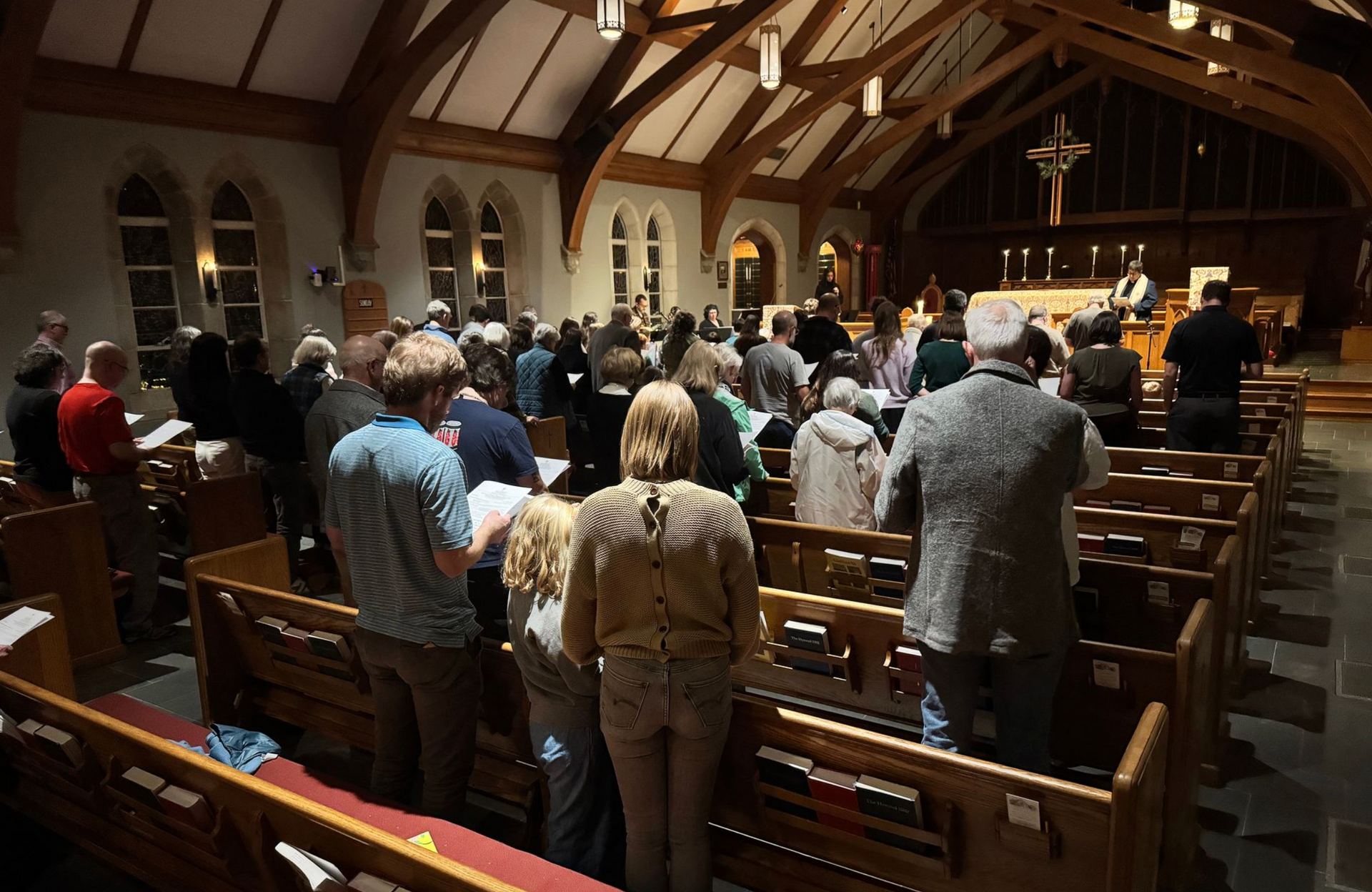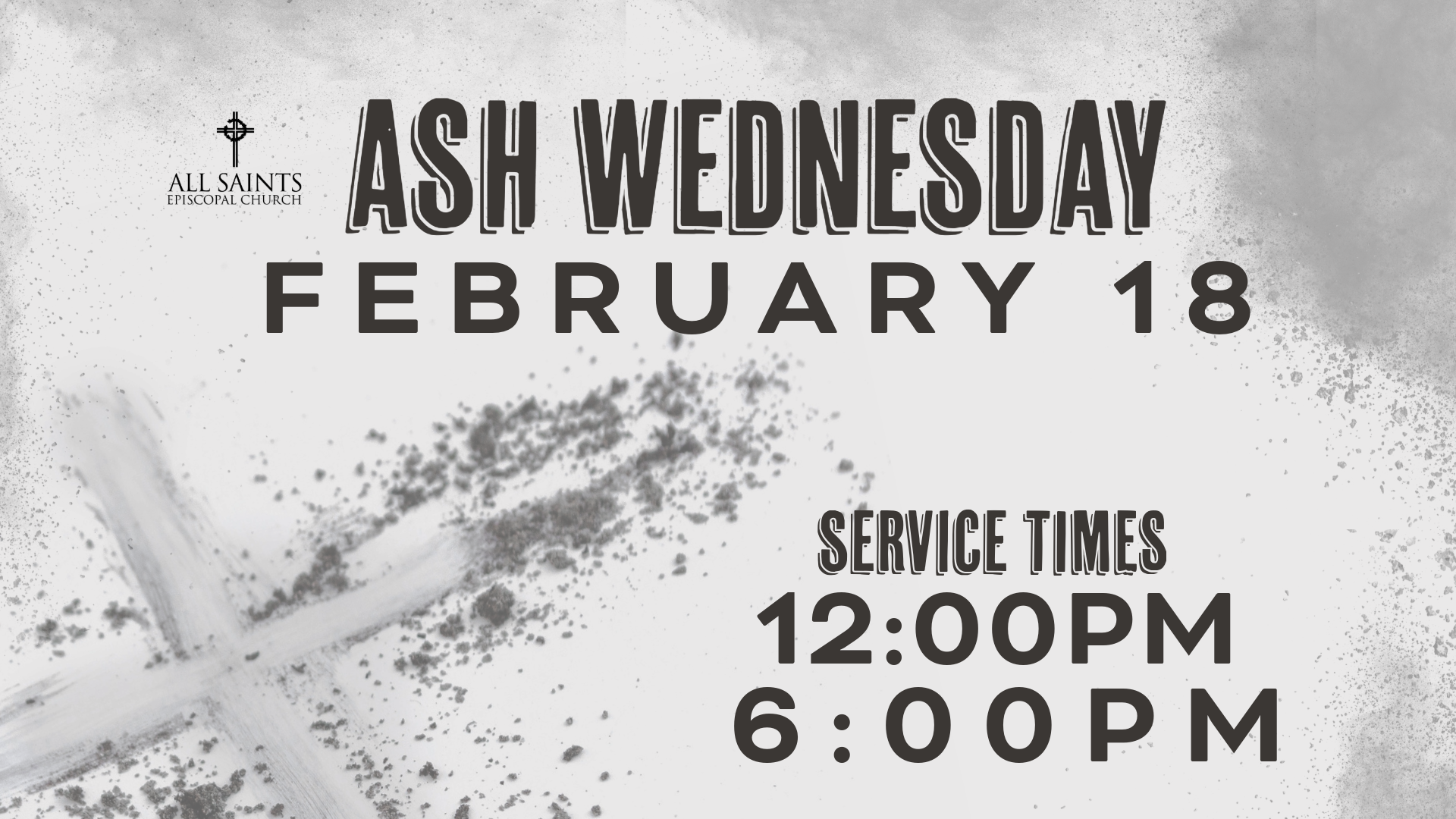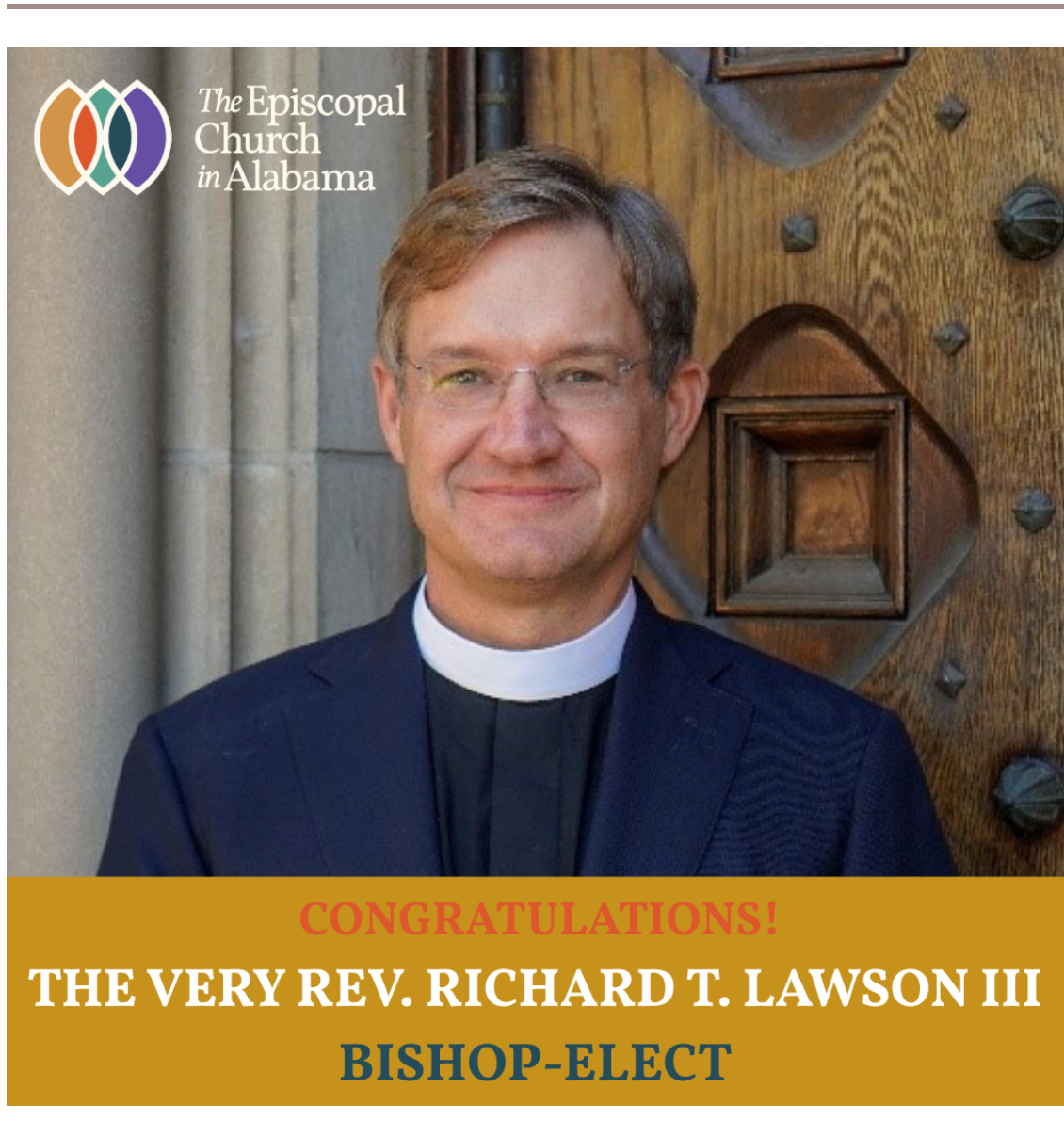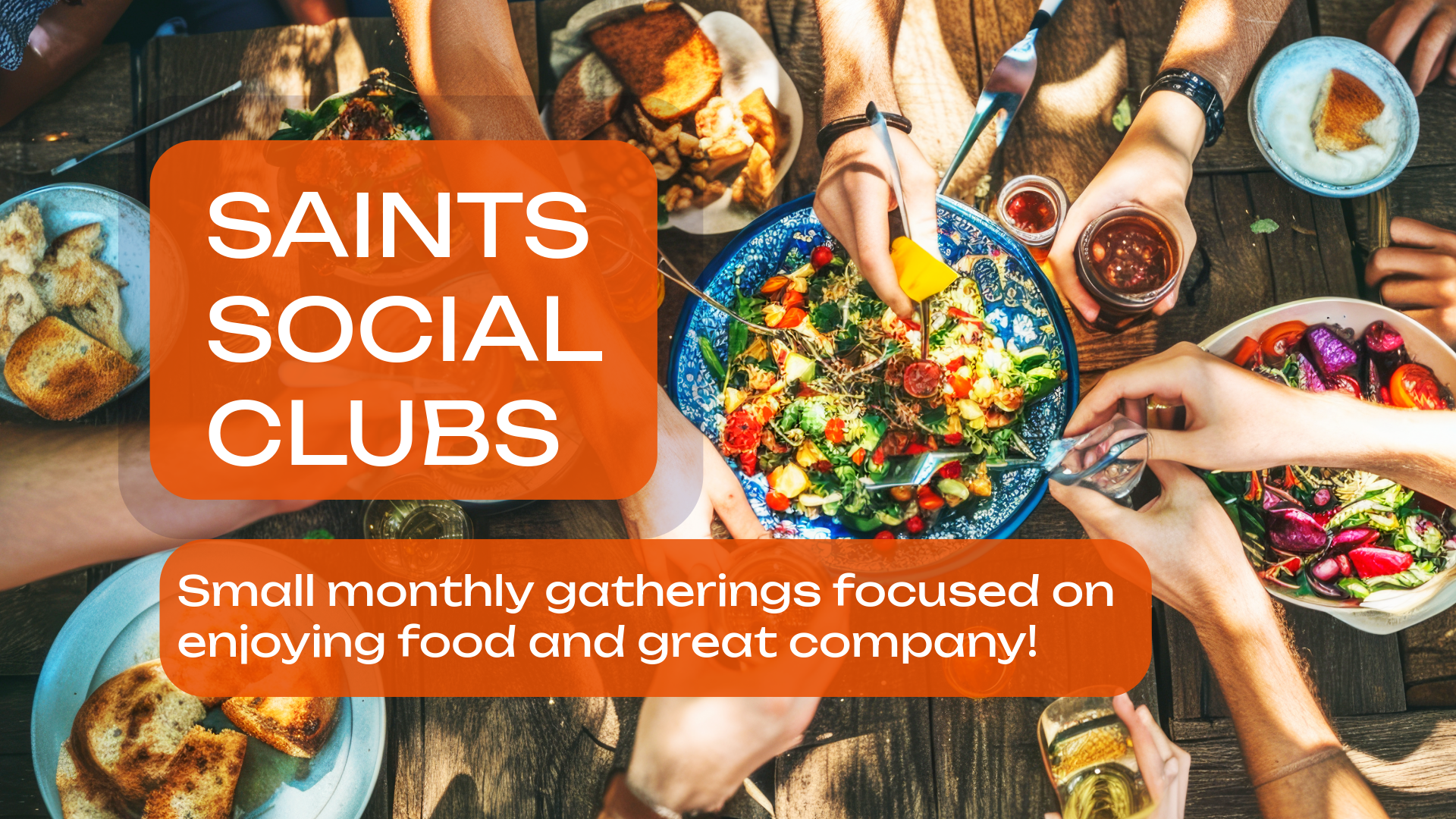Why Do We Go Up The Mountain?
Holy, transfigured One, let my words be your words and when my words are not your words, let your people be wise enough to know the same. Amen.
This week has been a challenging one—leaving us with more questions than answers. What will happen in the aftermath of Russia attacking Ukraine? Are we facing existential crisis—if not from this then from another variant of COVID, a natural disaster, or not being able to afford groceries? What will be the fate of transgender children and youth in the face of more hurtful legislation across this country? More questions than answers…
Today’s mysterious Gospel lesson does not provide us answers to these question—at least not in any straightforward manner. Like the rainy weather outside—thank you God for cooperating on the setting for today—we are left in obscurity wondering. We may even be asking, “Why do we go up the mountain?”
Every year we walk up the Mount of the Transfiguration on the last Sunday after the Epiphany—the Sunday, which immediately precedes the Season of Lent. This pilgrimage of prayer with Jesus, Peter, James, and John calls us to wander in holier air may we continue to wonder about the purpose of this heavenly hike.
The Transfiguration is the type of moment, which is better to be experienced than to be explained. Have you ever had such a moment? If you have had any such divine encounters, I encourage you to share them with me and one another, maybe right after this service concludes. Often, we in our orderly, intellectual Episcopal Church may shy away from sharing things we cannot easily explain.
Things like when I was four years old and riding in the backseat of my family’s van, I had a conversation with Jesus. Even though my mother has told me that story repeatedly, I still have a hard time believing it really happened. Or like when I was fresh out of college, and I reaffirmed my baptismal vows at the Easter Vigil.
When serving as a Eucharistic Minister that night I experienced a visceral vision in the reflection of the chalice, and I knew that God was calling me to serve more intimately at the altar. To this day, my mind is still trying to catch up with that experience. Or a moment that I think about every time we walk up this mountain to witness Jesus transfigured before us.
In my mid-twenties I was up a high mountain leading an outreach experience in Quito, Ecuador. On this trip, my group of fifteen college students and I went to a small church for Sunday morning worship. This community met in a bright yellow school room that sat on the edge of a cliff face that overlooked the valley where Ecuador’s capital city rests.
I found myself out of the Episcopal element at this service. A praise band blared music that overpowered the congregation, a thirty-minute sermon turned into a forty-five-minute sermon due to interpreting from Spanish to English, then came the altar call (and I do not mean Communion). When one of the students from my group wanted to go up, I felt compelled to support her decision, even if I was uncertain. After hearing the prayer both in Spanish and English I thought, “This is not so bad. It is kind of like the Public Service of Healing.” The student got up from kneeling and she returned to her seat.
At that moment I turned to walk back as well, but the leader of this congregation stopped me. What was translated to me was something like, “You are the leader of the group, and you need a blessing.” I waved my hands and shook my head saying, “No, I’m good.” Then the pastor insisted. Not wanting to deny the hospitality and thinking, he’ll just say some prayer, I agreed to the blessing. This is when things got weird.
As soon as the minister put his hands on my shoulders my heart began to race, as though it were trying to burst forth from my chest. He spoke words that were being translated, but somehow, I already knew what he was praying. His hands touched my head and they felt white hot! Then, he said the Spirit is strong with you and this blessing will knock you down. I thought, “No, it won’t! I’m Episcopalian.” I had no power over what was happening, though.
The next thing I knew, I was falling backwards into the arms of some of my group and local leaders. There’s a picture of me after this experience. In it I have this calm look on my face as though I had seen the divine, as though I encountered God on that mountaintop.
Why do we go up to the mountaintop?
Why did Jesus go? Jesus went up the mountain to pray, and pray he did. When he prayed his appearance changed. His face became dazzling white. In his prayer he conversed not only with God, but also with paragons of the Faith—Moses, the bearer of the Law, and Elijah, the chief prophet. They spoke, Luke tells us, of Jesus impending departure—except that’s not the right word.
Exodus. They spoke of Jesus’ exodus. When like the Israelites Jesus would walk into freedom, but not without first walking through trial and tribulation. Jesus went up the mountain to pray, but what about the others.
Why did Peter, James, and John go up the mountain?
They went, according to Luke, because Jesus took them. Eight days after Peter had correctly identified Jesus as the Messiah, they went. These ones who would be sent by Jesus were at that moment being sent into a drowsy prayerfulness. If you have practiced centering prayer, you may be familiar with this phenomenon. Prayerful meditation slides into prayerful hibernation.
The disciples fought their dreariness and stayed awake to witness something unexpected and unexplainable on the mountaintop. Moses, Elijah, and Jesus—the Law, the Prophets, and the Messiah all bound together in a visceral vision. The mysterious nature of this encounter gets echoed by the mysterious nature of Luke’s text. This is to say there are way more questions than answers here. What were the disciples thinking in their tiredness? We do not know. How did the disciples know that it was Moses and Elijah? We do not know.
What we do know is that Peter upon seeing this glorious sight uttered a most human desire: “Let us make three dwellings, one for you, one for Moses, and one for Elijah.”
Peter may not have come up the mountain to see a vision, but now that he was, he wanted to hold onto these holy ones. On the surface, this may not seem that strange—after all we do this, often missing a moment because we are trying to take a picture of it. Still, if we explore Peter’s and our own frailty, we may discover something more challenging.
Peter yearned to incase Moses, Elijah, and Jesus. He wanted to cling to this vision. Maybe he even wanted to control these religious figures or God Almighty. Luke was quick to point out that Peter did not even know what he was saying. We might wander into this same sort of misguided desire as we are wondering about challenging decisions.
Anytime we want to control others, coerce religion for our ends, or limit God we, like Peter, do not know what we are saying. We may not be a Russian president invading Ukraine, or overzealous lawmakers hurting vulnerable transgender youth, but any time one of us says “my will be done” instead of “thy will be done”—any time we do this, we do not know what we are doing.
The good news, at least for Peter, was that as soon as those words left his mouth, God intervened. Fog overshadowed him and his fellows. “This is my Son, my Chosen; listen to him!” clattered from the cloud. They were rightfully terrified, but before they suffered any mortal danger, Jesus was found alone. Amazingly, they kept silent about what happened. So let me restate what transpired, Peter said something that, at best, made no sense or, at worst, was sinfully self-serving, then God said, listen to my Chosen Son. After this they saw only Jesus, and they kept silent. This sounds like a good path for us too.
When we find ourselves opposing God’s will in our lives, when we seem to not know what we are saying, when we are trying to box God into being a genie granting our wishes, may we too be overshadowed, may we listen, and may we keep silent.
Peter, James, and John went up the mountain because Jesus took them up there. They needed to be up there to see that Peter’s view of the Messiah was not God’s view. In Luke’s story Jesus had just told the disciples that the Messiah’s path led through suffering, rejection, and death. Through this exodus Jesus would lead God’s people including us into freedom.
What about us, why do we go up the mountain?
We go up the mountain, so that we too might be confounded by Jesus’ glory, that we may be overshadowed, that we might relinquish our control listening deeply to God’s voice.
We go up the mountain, so that we come back down. Jesus and the disciples did not stay on top of the mountain. No, they descended, so that Jesus could go to another mountaintop—one called Calvary. After the transfiguration, Jesus turned his face towards Jerusalem, towards suffering, rejection, even death.
We go up the mountain, so that we may follow in Jesus’ way—that we may suffer with Jesus having compassion for the least, the lost, and the loveless—that we may reject all that does not flow from his way of love—that we may die to ourselves, so Christ may live through us.
Why do we go up the mountain? To pray with Jesus listening intently to the beloved, to follow the Chosen One in our daily life, and to walk with Christ in the Way of Love.
More Announcements

